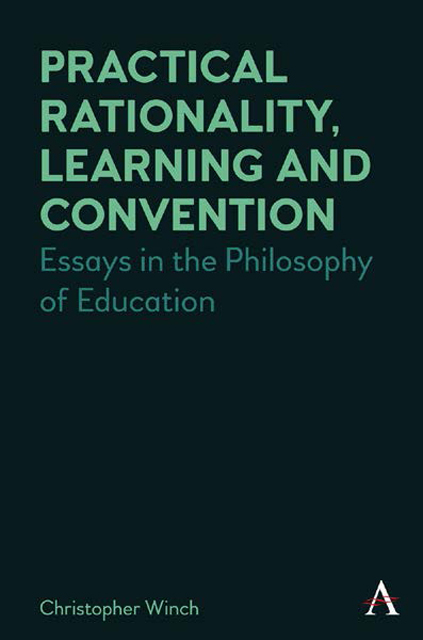Chapter One - Education, Literacy and the Development of Rationality
Published online by Cambridge University Press: 09 December 2022
Summary
Introduction
This article examines the question, ‘Is the acquisition of literacy an important and necessary step in the development of human rationality?’ The short answer is that literacy has an important practical role to play in improving practical and theoretical reasoning ability in certain contexts, in developing a tradition of critical thinking and in giving access to a wide range of activities which are important in a modem industrial society. This role is one of practical rather than logical necessity. The acquisition of literacy does not, as some have suggested, mark a step towards a more developed type of rationality by the individuals, groups and societies who acquire it.
If this is the case, then how important is it for people in our society to become literate? If some of the claims that are made for the intellectual benefits of literacy are exaggerated, does it not follow that the central place that the acquisition of literacy has on the curriculum, especially in primary schools, is not justified? This query is given more point when we consider the rapid advances in voice and video recording and reproduction that have been made in recent years, not to mention the ability of computers to acquire, store, process, transmit and display vast amounts of information. Might not electronic media supersede the functions of writing and reading in the next half century or so?
The view to be developed below is that although exaggerated claims have been made, and still are made, for the intellectually enhancing powers of literacy, it remains an extremely useful intellectual tool and one that will probably be around for some time to come, despite the appearance of electronic media. The more strictly philosophical part of this article (Sections II and III) develops a view of the importance of literacy for rationality. This section and Section IV will look at the more important educational implications of the view to be developed.
During the 1950s, 1960s and 1970s one of the most influential theories put forward to explain the relative educational underachievement of the unskilled working class was the theory of verbal deficit (cf. Bernstein, 1973 and Tough, 1977, for representative and influential examples of this type of view).
- Type
- Chapter
- Information
- Practical Rationality, Learning and ConventionEssays in the Philosophy of Education, pp. 3 - 18Publisher: Anthem PressPrint publication year: 2022



